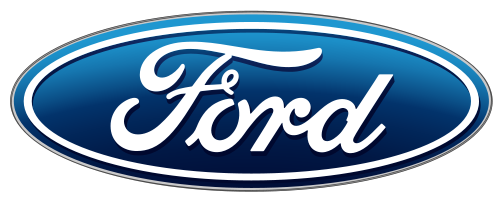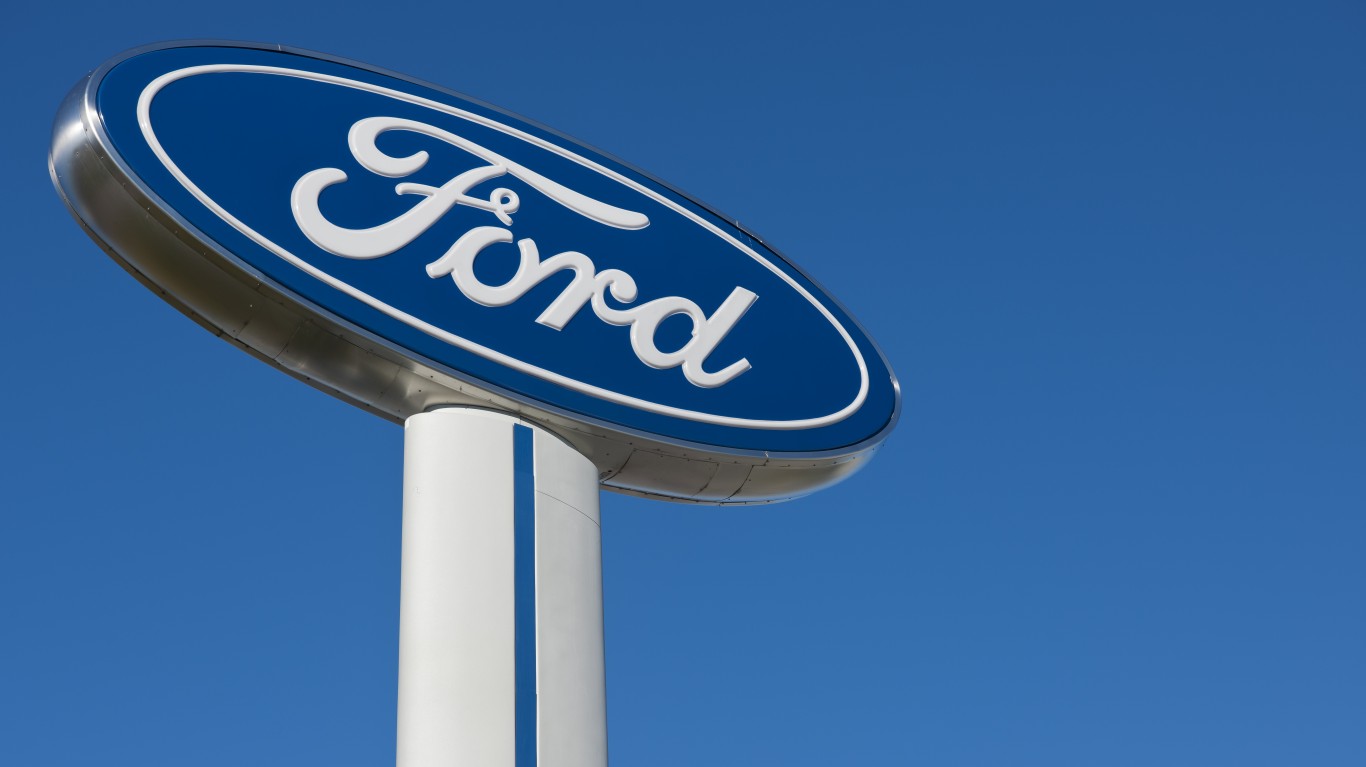Ford Motor Co. (NYSE: F) and General Motors Co. (NYSE: GM) both face challenges as 2012 closes that they did not face at the start of the year. Most of the trouble comes from Europe, where each has a substantial part of its overall sales. Next year the hurdle could be the U.S. market in which each has prospered. A slowing economy and fiscal cliff damage to consumer spending may make it harder for the two companies to improve profits and hold current production levels in America.
GM decided to hold on to its extremely troubled Opel division, which is the umbrella of its Europe operations. Many investors hoped GM would jettison the property and sell it to a local manufacturer like Peugeot. But a European car company may be unable to raise funds to bolster market share as the EU recession deepens. And GM’s loss of almost $500 million in Europe for its third quarter would make a transaction even harder. Doubling down in a dying market likely would not give bankers an appetite to fund an auto deal for an EU-based company to buy Opel. And GM would have to take a multibillion-dollar write-off on factories and union obligations if it did exit Europe. For whatever reason, GM management remains committed to the region. That means it has made a commitment to lose money there, probably for years.
Ford’s problems in Europe are only slightly worse than GM’s. Ford’s worldwide third-quarter profits fell 1.1%, and Europe was the cause. The second-largest U.S. manufacturer lost $468 million in the region. It took record results in North America to almost offset Europe’s drag.
Although U.S. sales pulled both GM and Ford back to profitability after the battering each took during the recession, their market share gains have disappeared and unit sales have slowed. If the American economy tips toward another sharp slowdown, with the fiscal cliff as the probable cause, total U.S. car sales may fall in 2013. For the first 10 months of the year, GM sold 2,163,479 cars and light trucks. That made it the market share leader in America, but its sales were only up 3.6% for the year, compared with a 13.8% increase for the entire industry. Ford’s sales rose 4.9% for the same period to 1,853,015.
A surge in the U.S. sales of Toyota Motor Corp. (NYSE: TM) hurt GM and Ford. With production trouble caused by the Japan earthquake behind it, Toyota can once again build enough cars and light trucks to handle American demand. Its sales rose 30% in the first 10 months of the year to 1,726, 666, so it is biting at Ford’s heels.
The “rising tide” that lifted American car sales for most large manufacturers helped GM and Ford. Now, the tide may go out in 2013.
Douglas A. McIntyre
Thank you for reading! Have some feedback for us?
Contact the 24/7 Wall St. editorial team.




